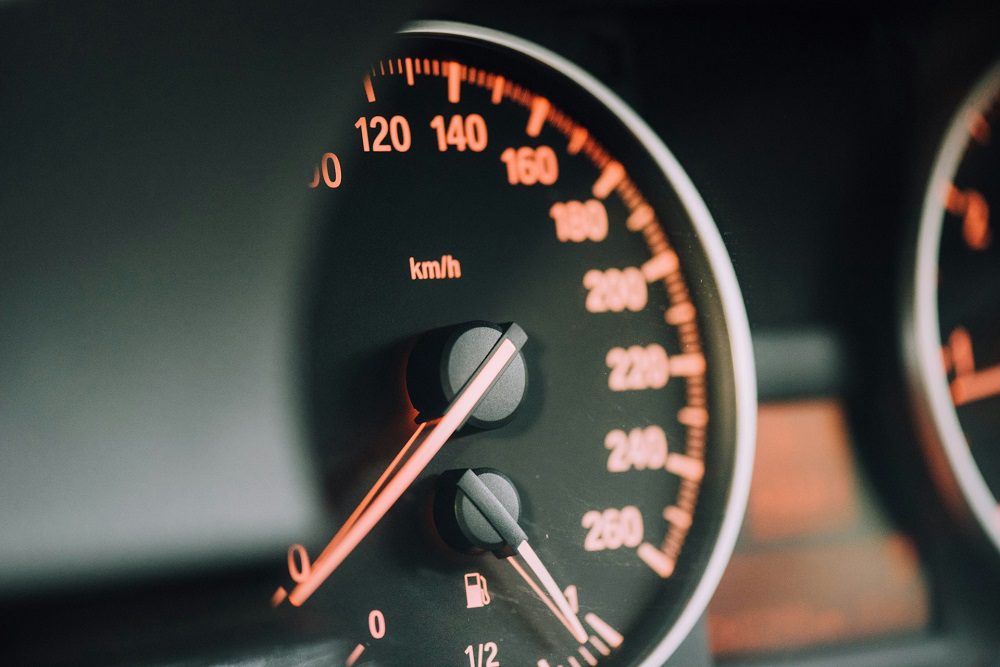
Maintaining Your Vehicle: Essential Checks
Your automobile is an investment that has to be taken care of regularly to prolong its life, not merely a tool for transportation. Maintaining your automobile regularly will safeguard this investment and, in the end, guarantee both your safety and the safety of others. However, skipping these regular maintenances may result in expensive breakdowns, inefficient use of gasoline, and even severe traffic accidents.
Luckily, maintaining your automobile simply takes a little work on your part. Furthermore, you don’t need to be a technical genius to pull it off. The most important aspect of the procedure is understanding the fundamentals of regular auto maintenance.
To maintain your automobile at peak performance, avoid breakdowns, and save money, you must complete several car maintenance checks. To ensure you are constantly at the top of the list for vehicle maintenance, this article offers a thorough guide covering all the necessary inspections your car requires.
Essential Checks
The brand and type of your automobile will determine how frequently you should do basic maintenance on it. For example, trucks and SUVs often need more maintenance compared to standard passenger automobiles. Furthermore, the frequency of these inspections may vary based on an individual’s driving behavior. Here is a detailed summary of all the necessary inspections you must undertake to maintain any car operating at its best:
- Fuel Checks
Although it would appear apparent, individuals often run out of gasoline, particularly in inclement weather. Thus, ensuring your car has adequate gasoline for the trip or regular transportation is crucial. Fill up to the required amount in your car’s handbook if you have any problems.
- Brake Checks
In addition to being crucial for your safety, optimal braking performance also helps avoid expensive repairs. First, check the brake fluid level and make sure it satisfies the requirements listed in the manual for your car. You may always top it up to the designated level if the fluid level is low.
Next, ensure your car’s braking system operates efficiently by checking the rotors and brake pads. Keep an eye out for any wear, corrosion, or warpage. If you see any of these, it’s generally advisable to get the pads and rotors replaced. Additionally, you should consider getting new brakes if your car often makes grinding and squeaking sounds.
- Tire Checks
Regular tire care includes inspecting your car’s tire pressure, tread, wheel alignment, and rotation. First, check that the tire pressure on your vehicle is within the recommended range specified in your owner’s handbook.
Additionally, at least once a year, get the wheel alignment checked and the wear depth of your tires checked.
- Air Filter Checks
The cleanliness of the air filters has a significant impact on how well an automobile performs. Additionally, air filters help your car run more efficiently on gasoline. Because of this, you need to ensure the air filters are consistently clean. Regularly inspect the filters and replace them if they are completely damaged.
- Lights and Signals (Electrics) Checks
Good visibility is crucial for your safety and the safety of others on the road. An automobile with broken headlights is more likely to be involved in an accident than one with working electrics. You should check the brake lights, turn signals, and headlights to ensure your car’s electrical components operate at their best.
- Battery Check
Most car ignition systems rely on a good battery to operate smoothly. Checking the condition of the batteries and cables as part of routine maintenance helps to avoid ignition hitches and unplanned breakdowns.
- Oil Checks
Regularly check the oil level in your car and fill it up as needed. Any vehicle with a low oil level risks breaking down or, worse, damaging the engine if the problem is not fixed quickly. The most essential rule is to always use the oil recommended for your car. It doesn’t hurt to consult your car’s manual or an expert if you’re unsure about what oil to use.
- Coolant (Fluid) Checks
The most annoying thing about cars is probably overheating or having a frozen engine. Even though this maintenance check is less frequent, you should check the coolant level before embarking on a lengthy trip. Always consult your manual for the appropriate coolant if the level is low.
Conclusion
Maintaining your car will not only increase its lifespan and guarantee your safety while driving, but it will also make sure that everything works flawlessly. Furthermore, while it may seem complicated, maintaining an automobile is relatively simple. All you need to do is perform the checks mentioned in this article.
These fundamental inspections are thus crucial, regardless of whether you are an avid motor enthusiast or just want to keep your vehicle running for as long as you can. Although the article above offers a simple do-it-yourself option, you can entrust qualified specialists with the complete automobile maintenance. In any case, doing this will maintain your car’s optimal performance.
Contact Yusra Driving School a driving school in Toronto to get driving license.
Suggested Reads:
